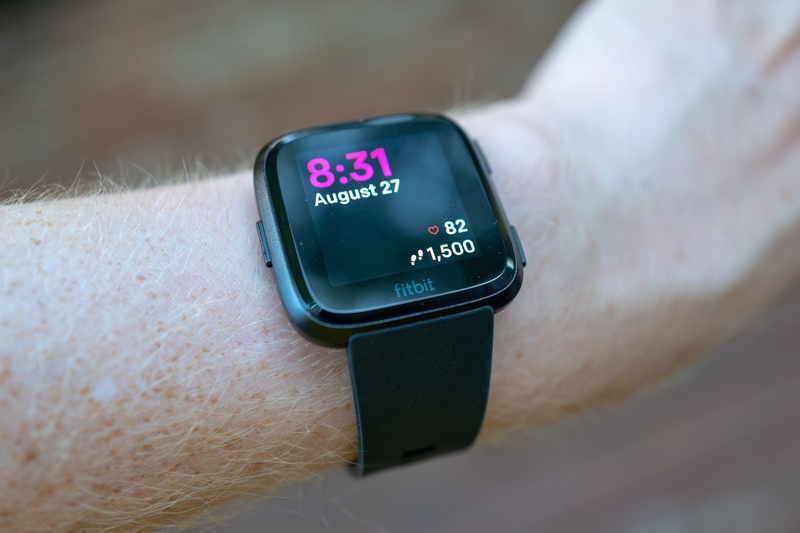The US’s Equal Employment Opportunity Commission (EEOC) has warned employers they could be breaking federal law by asking staff to use wearables, or by using data generated by those wearables, beyond the strict limitations imposed on their use.
In a detailed guidance note released last month, the Commission has warned that “directing employees to use wearable devices in order to obtain health-related information may pose EEO compliance issues for employers, their agents and other EEO covered entities.”
Wearable technologies, or “wearables,” are digital devices embedded with sensors and worn on the body that may keep track of bodily movements, collect biometric information, and/or track location, the commission has explained.
Their use in modern-day workplaces is becoming more and more common, as they are also used to monitor and gather information about staff’s physical and mental wellbeing, activity and other hazards in or around the workplace.
But there are also concerns that such information can be used to make employment-related decisions that may adversely affect an employee, ranging from job-related discrimination to dismissal.
The EEOC “enforces the federal EEO laws prohibiting employers from discriminating because of race, colour, national origin, religion, sex (including pregnancy, sexual orientation, and gender identity), disability, age (40 or older) and genetic information.”
EEOC Chair Charlotte A Burrows has said in a separate statement: “It’s important that employer[s] keep in mind that some uses of wearables can violate federal anti-discrimination laws.”
Compliance risk
Gathering such data might be necessary in some cases, and could be done under the Americans with Disability Act (ADA). But the ADA strictly limits the generation and gathering of such data.
According to ADA guidelines, an employer may be able to justify employees’ use of wearables when it is “job related and consistent with business necessity, for a specific employee, or otherwise permitted under the ADA.”
Generating and using data data from wearables for any other purpose beyond those explained in ADA guidelines might pose a compliance risk for the employer.
Furthermore, employers must also treat all data generated in such a way as confidential and store it in separate and secure files, to ensure data safety and privacy, the commission has said.
Also, despite permission from the ADA to gather data in such a way, employers are still required to comply with all other nondiscrimination requirements, as per EEO laws. “In addition, an employer may not selectively use wearables to monitor some employees based on a protected characteristic or in retaliation for an employee engaging in protected activity.”
Finally, employers could break EEO law if they use data generated by wearables “for employment decisions that have a disproportionately large negative effect on the basis of race, color, religion, sex, or national origin.”
In conclusion, the commission has advised employers to consider three points when it comes to the use of wearables by staff. These include:
- what data wearables collect, including their accuracy and validity across different protected bases;
- how the data is stored;
- whether and how the data is used in employment-related decision-making, including whether use affects employees of different protected bases differently.

















